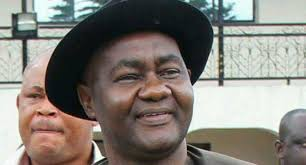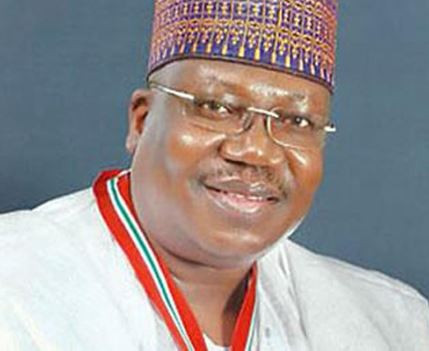Senator representing Rivers South-East Senatorial District in the National Assembly, Magnus Ngei Abe, has declared that there was no ward congress of the All Progressives Congress (APC) in the 319 wards of the 23 Local Government Areas in Rivers State. Abe, in a statement in Port Harcourt by his spokesperson, Parry Saroh Benson, said those who had paid and were issued tellers were not allowed to purchase forms and participate in the exercise.
The Senator, who is also an APC governorship aspirant in the 2019 general elections, said the leadership of the party in the state went against the guidelines of the ward congress by refusing to allow party members to participate in the exercise.
“We had a South-South Caucus meeting, where it was agreed that every leader should call all leaders of the party to an all-inclusive meeting between Thursday and Friday where all issues including how to guarantee fairness and transparency in the exercise will be discussed and agreed upon.
“It was further decided that party members should be briefed by the congress committee from Abuja before the commencement of the exercise. Non of that happened in Rivers State rather, party men and women were asked to go to their wards and wait for the congress.
“The development is against the guidelines of the party congresses, that purchase of nomination forms should end 24 hours before the commencement of the congress.” It described the development as a fight against internal democracy in the APC and called on the national leadership of the party to intervene to save the party’s internal democracy.
“Our worry is that some leaders of the party deliberately want to obstruct the Ward, Local Government and State Congresses to achieve a predetermined result. We are appealing to the National Leadership of the party to do what is right to ensure a free, fair, peaceful and credible congress in Rivers State.
“It is the hope and aspiration of stakeholders of our party in Rivers State that National Executive Council (NEC) will respect the opinion of the people of the state.”


























